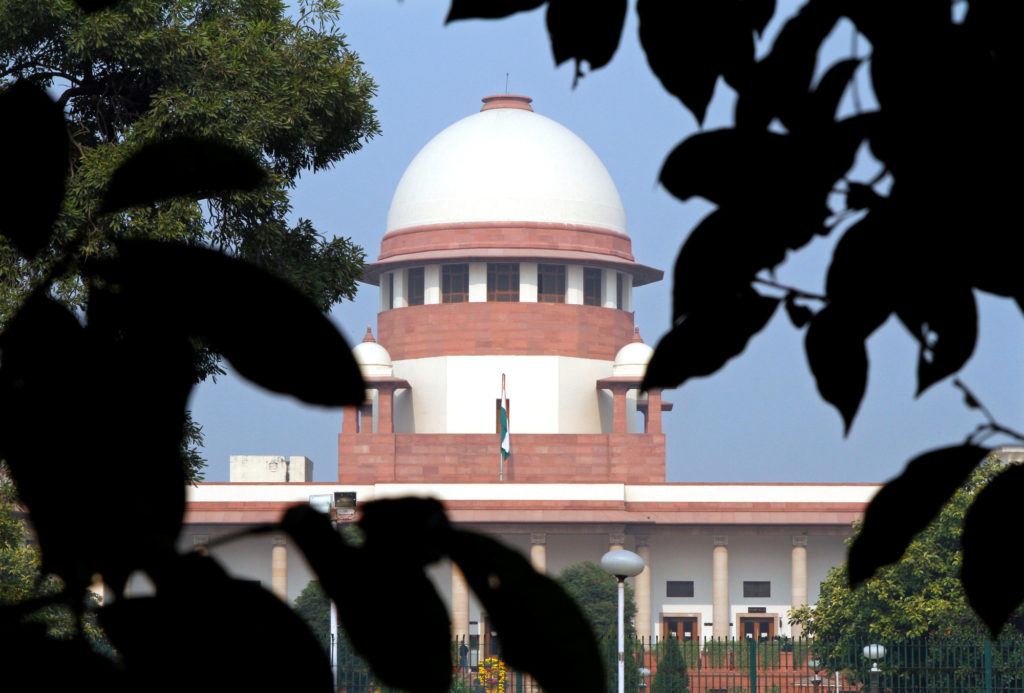India’s Supreme Court Sets 4-Week Deadline for Government to Regulate Cryptocurrency

Time is running out for the Indian government and the Reserve Bank of India to ignore/wholesale ban cryptocurrency, according to a local publication called Inc42 .
Last April, as CCN.com reported, the RBI banned all financial institutions from working with cryptos . India has gone back and forth over the issue, but the Supreme Court seems to be losing patience.
Indians have petitioned the Supreme Court more than once to order a rescinding of the Reserve Bank’s order, to no avail. However, the court is hearing two other petitions demanding the court take action.
Court Gives a Deadline of Four Weeks
The court chose not to hear arguments in either case today. Instead, it issued a final warning to the government and Reserve Bank of India. They must come to some conclusion about crypto regulation soon. They only have four weeks to develop a set of regulations or the Court will rule on the cases in regards to the constitutional rights of cryptonaughts in India.
Indian crypto startup WazirX’s Nischal Shetty told Inc42 that he is happy with the decision. The government has, for the first time, issued a deadline to the government, which must give him and his peers a positive feeling.
Among the petitioners to the Supreme Court is one notable liability, Flinstone Technologies, who are accused of having committed fraud via various scams involving crypto.

The constitutional argument for the business of cryptocurrencies cites a clause which gives Indians the right to “ to practise any profession, or to carry on any occupation, trade or business.” However, there are plenty of constitutional grounds to make cryptocurrency illegal, as well. The Reserve Bank of India has a charter to maintain economic stability, and so far the bank has argued that it believes it would have a destabilizing effect on the economy.
Indians Want Blockchain and Crypto
However, several blockchain-based initiatives in India have flourished and continue to develop partnerships with local governments, giving hope to cryptonaughts. The Eleven01 project is a native blockchain effort, for example, which has partnered with at least one provincial government. CCN.com previously did an interview with an Indian native who happens to run an exchange outside of India. He spoke of bringing adoption to India when the time is right, which depends heavily on the government’s disposition. He told us:
Cryptocurrency is quite a different matter. Now, it’s not illegal, and there are exchanges operating on a crypto-to-crypto fashion at this moment. […] At this moment, they are working it out. And they are expected to come out with a regulatory framework for moving this forward. The three concerns they have in my mind are one, tax. Two, money laundering. And three, protecting investors.
That interview took place in December, though. Unsurprising, the Supreme Court felt the need to issue a deadline.